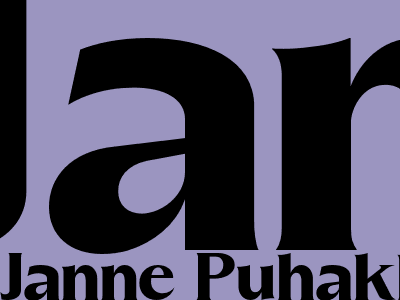SEO Best Practices for Google and Blogger.com: A Comprehensive Guide
Introduction
In today's digital landscape, search engine optimization (SEO) is crucial for ensuring that your website or blog reaches its target audience. As one of the leading search engines, Google's algorithms play a significant role in determining the visibility and ranking of your content. Similarly, Blogger.com, a popular blogging platform, has its own set of SEO guidelines that can help you optimize your blog for better search performance.
Understanding Google's SEO Guidelines
1. Focus on Quality Content
Google prioritizes high-quality, informative, and engaging content that provides value to users. Avoid keyword stuffing and focus on creating content that naturally incorporates relevant keywords. Ensure your content is well-researched, well-written, and error-free.
2. Optimize Page Elements
Page titles and meta descriptions are crucial for providing search engines with a clear understanding of your page's content. Keep titles concise and descriptive, incorporating primary keywords. Meta descriptions should provide a brief summary of the page, enticing users to click through.
3. Use Header Tags Appropriately
Header tags (H1, H2, H3, etc.) help structure your content and provide context for search engines and users alike. Use H1 for the main title, H2 for subheadings, and so on. Ensure there is only one H1 tag per page, and use tags in a logical order.
4. Build Backlinks from Reputable Sources
Backlinks from other websites to yours indicate to search engines that your content is valuable and trustworthy. Focus on acquiring natural backlinks from reputable websites in your niche. Avoid link schemes or purchasing backlinks, as these can harm your SEO.
Blogger.com SEO Optimization
1. Utilize Blogger Labels
Blogger labels are a powerful way to organize your blog posts and improve their visibility in search results. Use relevant labels that describe the content of each post and consider using a few popular keywords.
2. Customize Permalink Structure
The permalink structure of your blog posts influences their SEO performance. Customize your permalinks to include relevant keywords and remove unnecessary words.
3. Enable Search Description Meta Tag
In Blogger's settings, enable the search description meta tag. This allows you to write custom meta descriptions for your posts, providing search engines with a more concise and compelling description of your content.
Additional SEO Tips
In addition to these specific guidelines, here are some general SEO tips that can enhance the search performance of your website or blog:
- Use social media to promote your content and build backlinks.
- Implement structured data to help search engines understand the nature of your content (e.g., events, products, recipes).
- Ensure your website is mobile-friendly and loads quickly.
- Monitor your SEO performance through analytics tools to track progress and identify areas for improvement.
- Stay up-to-date with the latest SEO trends and algorithm updates to adapt your strategies accordingly.

Comments